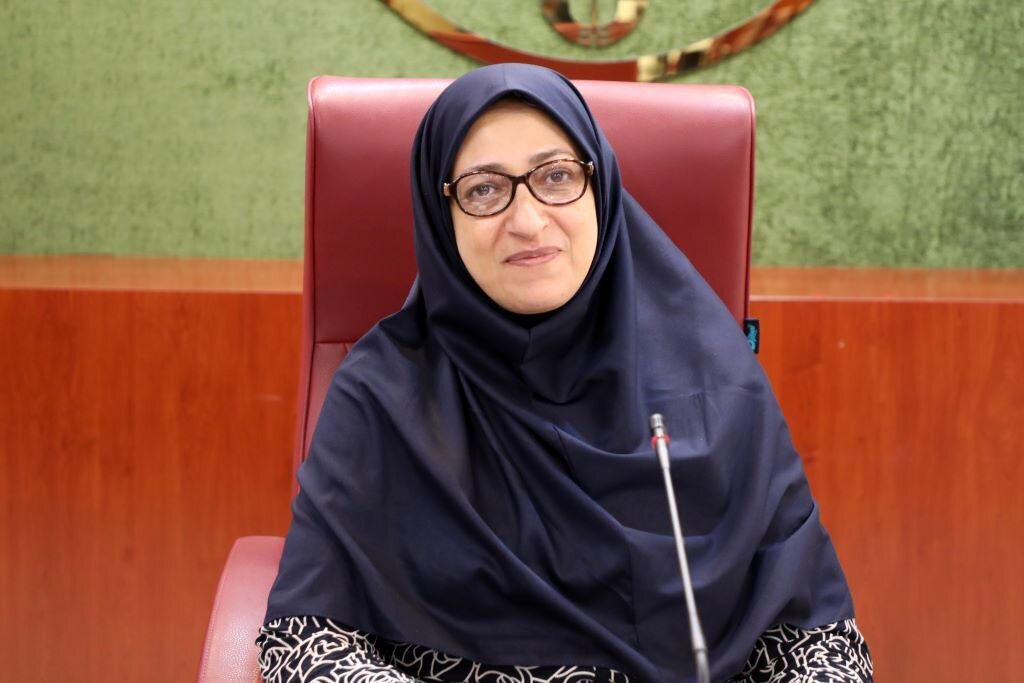Fostering regional co-op key to overcome environmental challenges: official

TEHRAN – Sediqeh Torabi, an official with the Department of Environment (DOE), has highlighted the significance of expanding environmental ties among regional countries to be able to address environmental issues.
Being transboundary, many environmental challenges such as restoring wetlands and sand and dust storms require advancing environmental diplomacy with neighboring countries, IRIB quoted Torabi as saying.
Hence, in a recent visit to Afghanistan, instead of merely focusing on Hirmand water rights, Iran proposed collaborating on other environmental issues, like restoration of Hamoun Wetland and sand and dust storms (SDS), which adversely affect the health of the people in the two countries, Torabi noted.
The official went on to say that holding regional workshops and meetings will help each participating country to share and benefit from conducted studies, findings as well as the strategies adopted to deal with the problem as in the first regional dialogue on enhancing inter-regional co-op on sand and dust storms (SDSs), which was held on February 18 and 19 in Doha, Qatar.
The official went on to say the meeting in Qatar served as a platform for different countries in West Asia including Iran, Saudi Arabia, Qatar, Turkey, Lebanon, Syria, Iraq, and Kuwait to discuss and address challenges caused by SDSs, and their adverse consequences on the environment, agriculture, transportation, energy, and health.
Environmental diplomacy
Environmental diplomacy is used globally to settle problems such as conflicts over sources of energy, water, and climate change. It is an effective and required tool to mitigate and eliminate the severe consequences by fair distribution of responsibilities among involved countries as they present their national interests and solutions.
Sand and dust storms are a typical example of metrological hazards in West Asia, where many countries are involved as some generate them and some others are affected by them.
SDSs hit countries such as Saudi Arabia, Iraq, Syria, Turkey, Iran, and sometimes parts of Azerbaijan, Turkmenistan, and even Afghanistan, and Pakistan.
These dust particles have devastating impacts on respiratory health and ecosystems; they result in the closure of airports, schools, and offices, affect electricity transmission infrastructures, and bring about economic losses.
Removing pollution from Aras River, and securing Hirmand River water right, as well as some wetlands are other examples where environmental policies have been used to resolve the conflicts.
Tehran convention is a big achievement whereby the Caspian Sea littoral states protect the Caspian environment from all sources of pollution but also targets the preservation, restoration, and protection of the Caspian Sea species and habitats.
Therefore, to mitigate climate change impacts, and achieve sustainable development goals, environmental policy is required to be strengthened to help Iran as well as its neighboring countries benefit from available resources and secure our rights at the international level.
Ministry of Foreign Affairs in cooperation with other executive bodies such as the ministries of Energy, Industry, Mine, Trade, and Agriculture as well as the Department of Environment can establish a center to focus on specific missions and follow up on discussions and goals in line with national interests and improve the living conditions of citizens through environmental diplomacy.
MT/ MG
